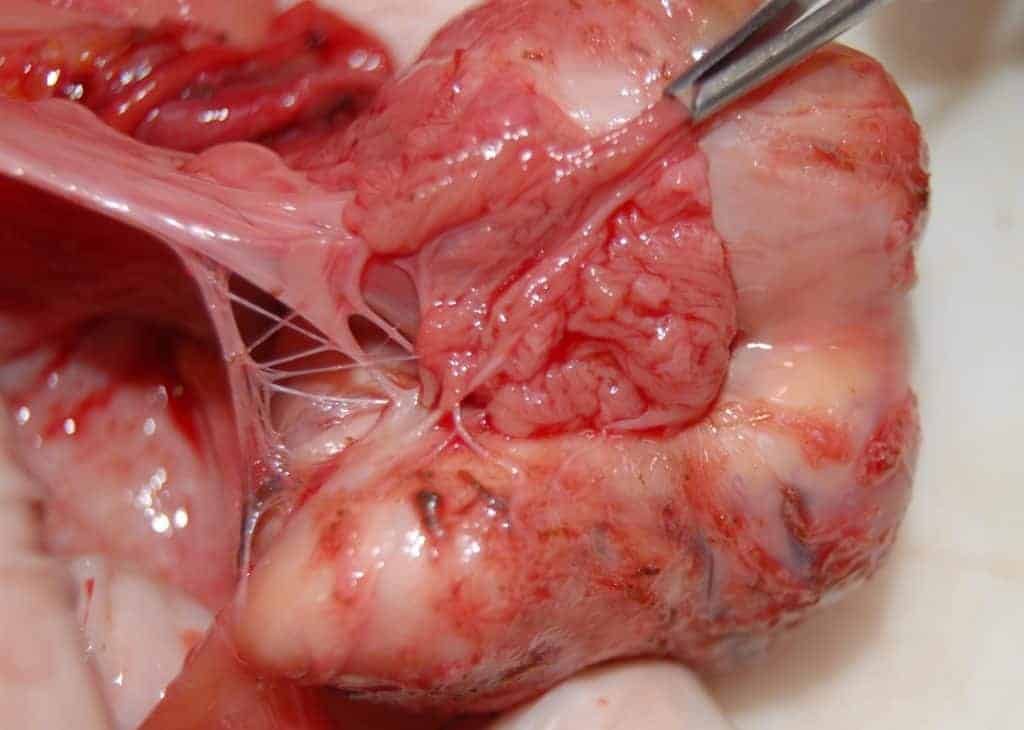Reef to Speak on Ultrasound Examination of Fetal Well-Being
Reef will explain why ultrasound is critical to assessing foal viability during a high-risk pregnancy.
Reef will explain why ultrasound is critical to assessing foal viability during a high-risk pregnancy.

Many owners seek to eliminate estrus behavior when there is a negative effect on the mare’s performance.

Horses rely far more on chemical messages in the air than on their relatively indistinct eyesight.

During pregnancy, a broodmare’s body and hormones go through many changes. And the endocrine changes associated with pregnancy might actually increase the mare’s risk of developing laminitis.

Dr. Patricia Sertich will review mare anatomy, physiology, and abnormalities known to cause behavior changes.

The events will feature lectures on university programs, equine reproduction, and horse management issues.

Oxytocin injections allowed the corpus luteum to keep producing progesterone and the mare to stay out of heat.
Are general horse owners using the contraceptive vaccine porcine zona pellucida (or PZP)?

Researchers sought to find the optimal test method and swab sites for CEM screenings in South Africa.

Two veterinarians describe recent equine reproduction studies they found interesting and influential.

Times are changing when it comes to parasite control. Learn how to control parasites in broodmares and foals.

Previously veterinarians had not noted significant complications with this method of estrus suppression.

Learn how equine pain might influence reproduction ability, along with how to detect subtle signs of pain.

While oviduct-related fertility issues are rare in horses, breeders should be aware of what can go wrong.

Learn how administering prostaglandins can help breeders improve their mares’ chances of becoming pregnant.

Placentitis is the most common cause of late-term abortion and remains challenging to diagnose and treat.
Stay on top of the most recent Horse Health news with
"*" indicates required fields